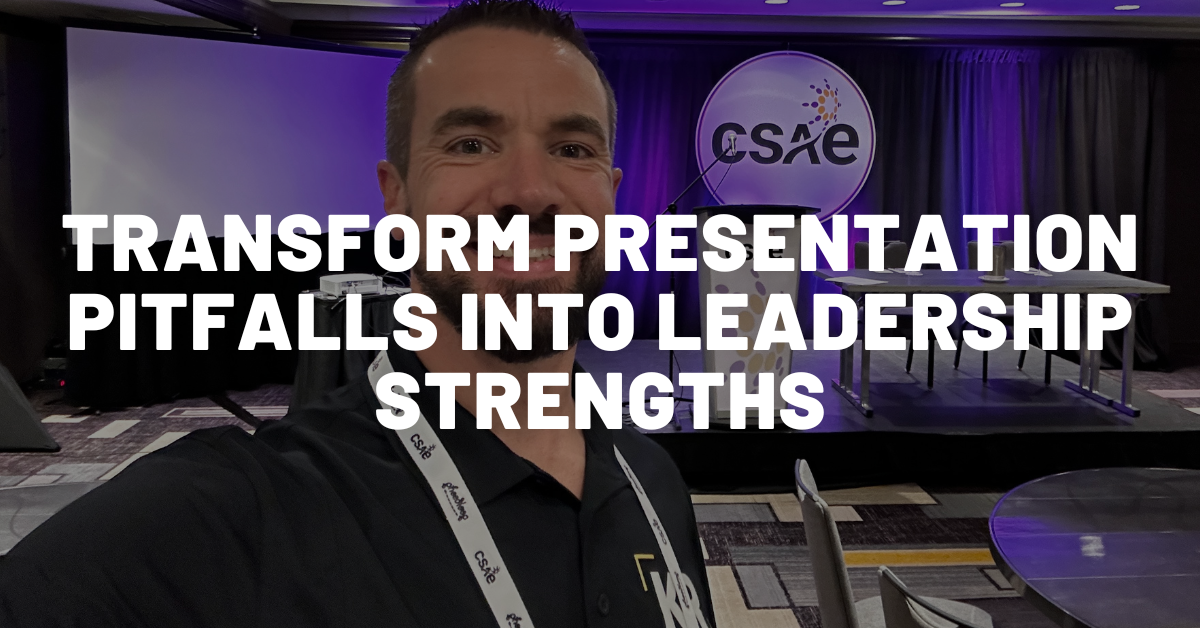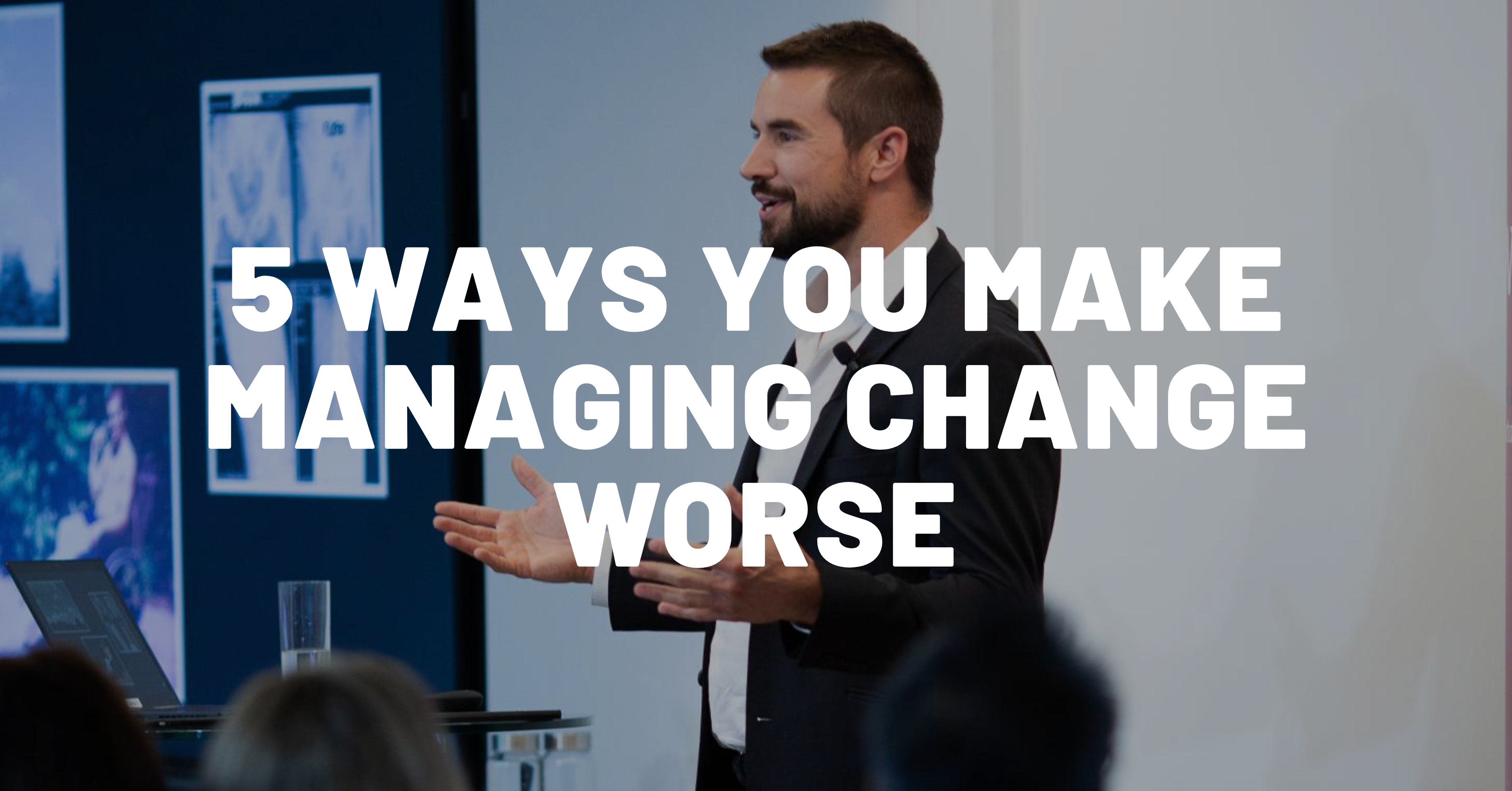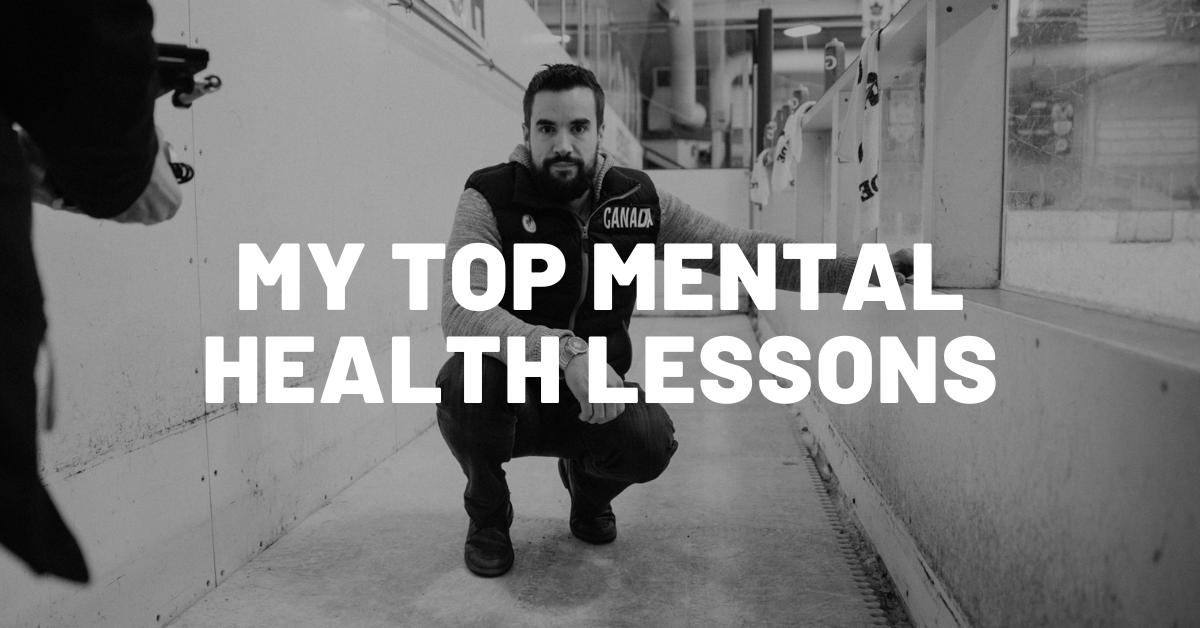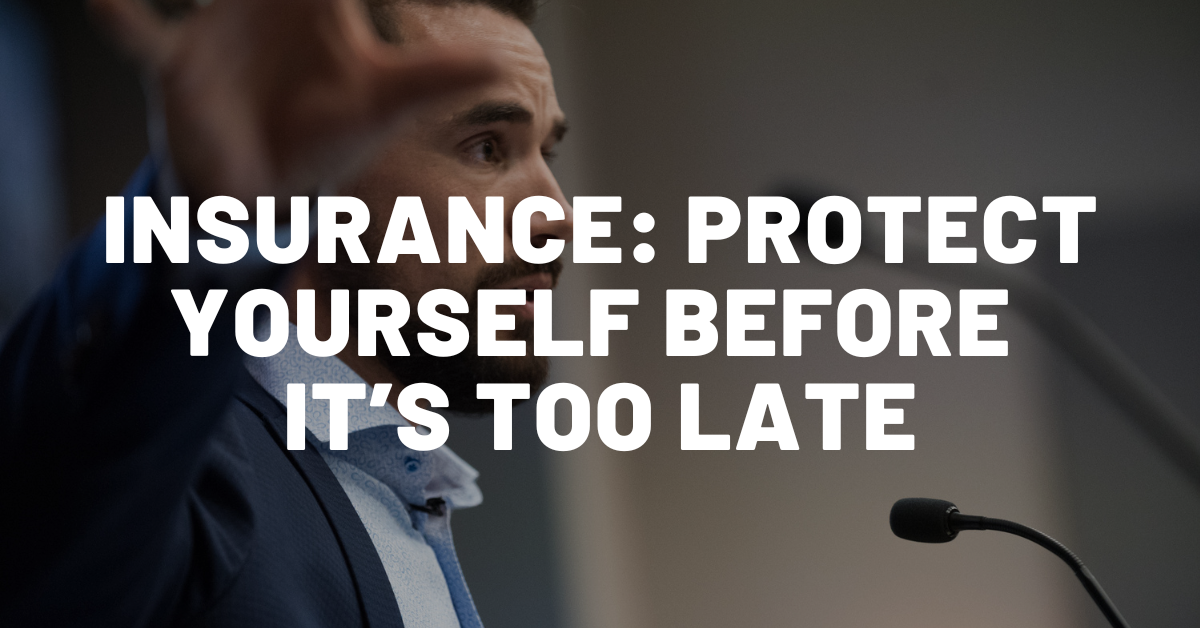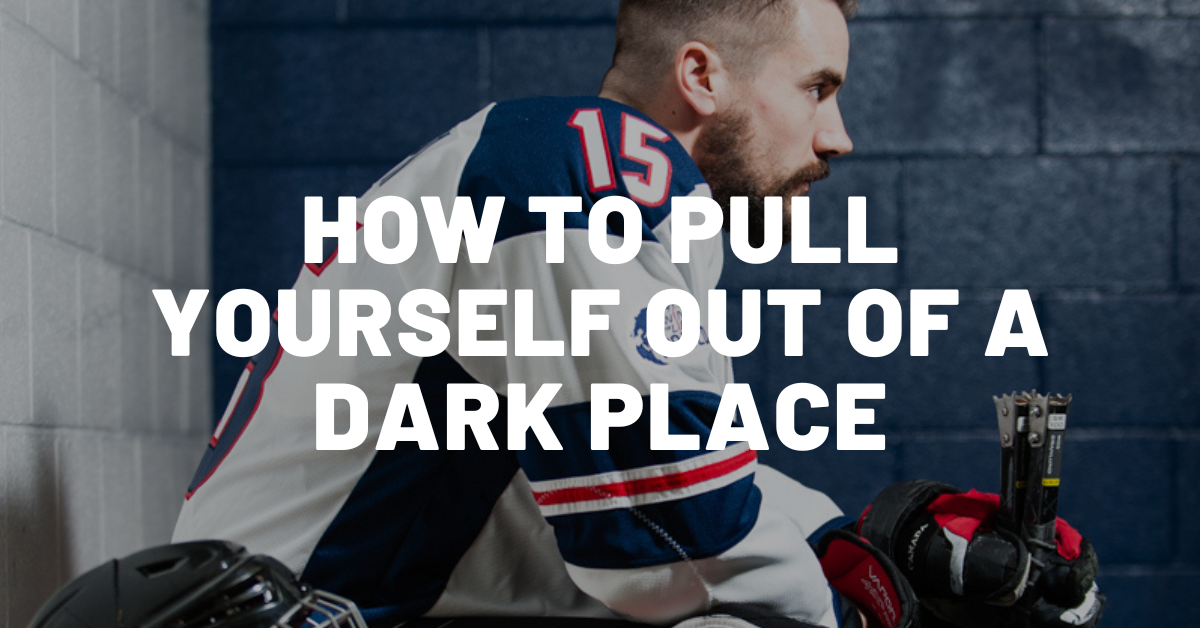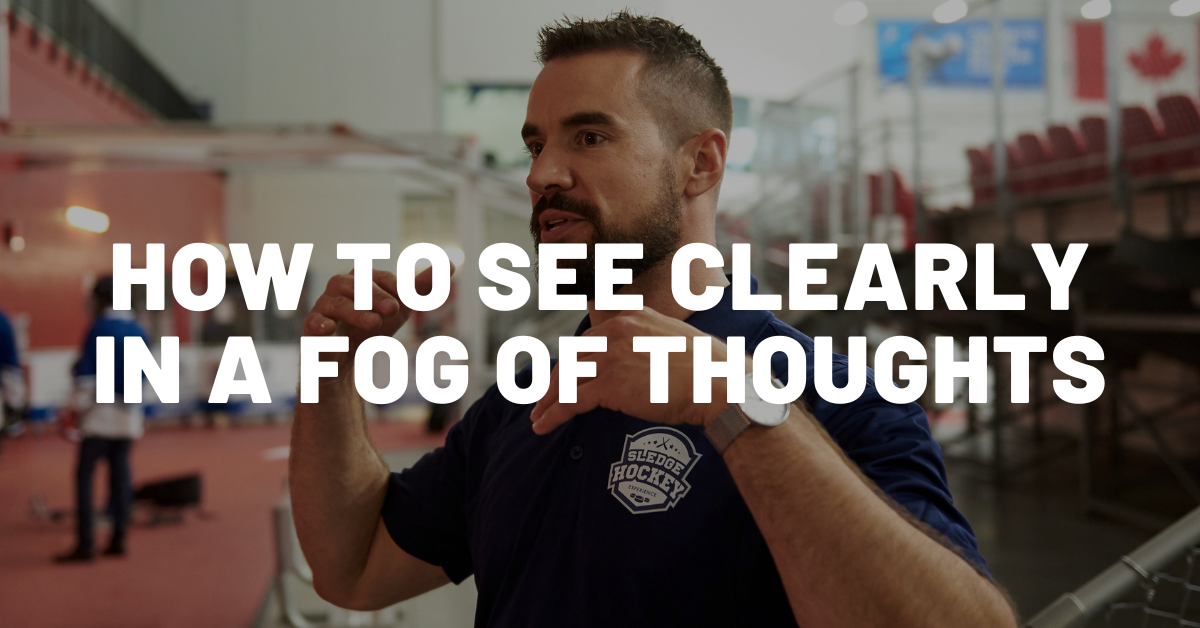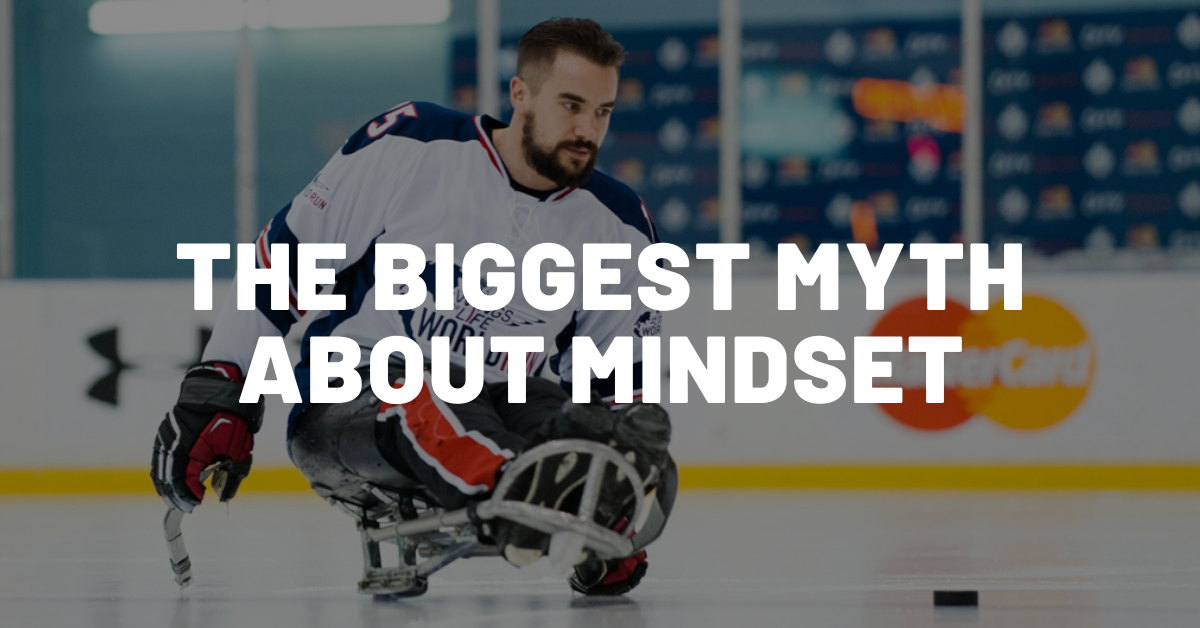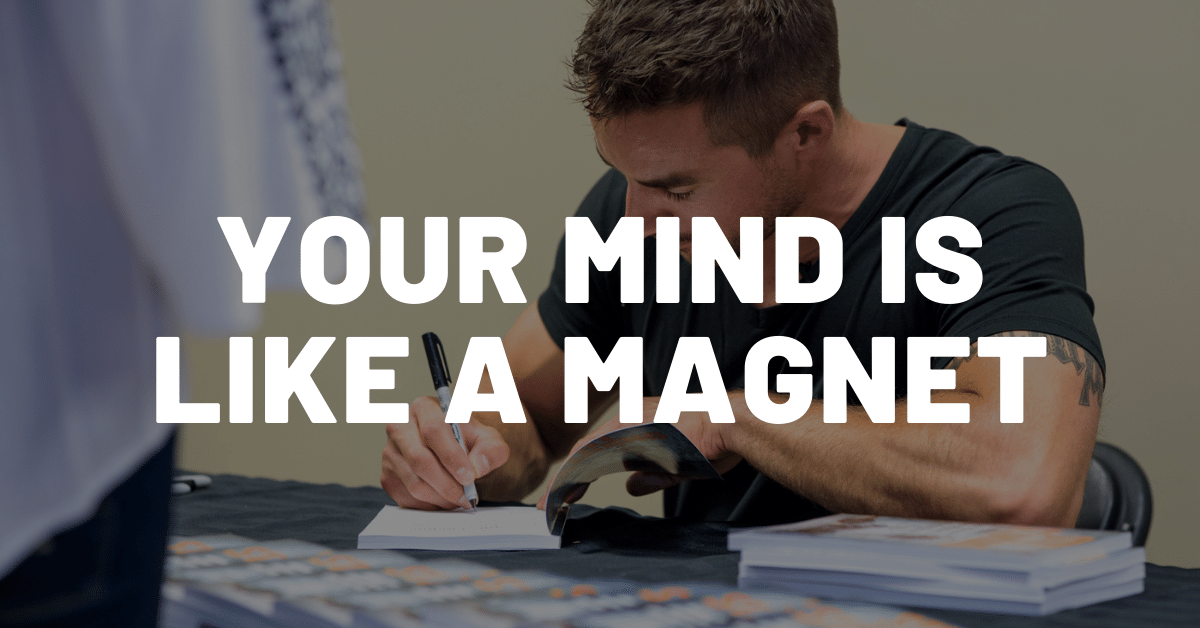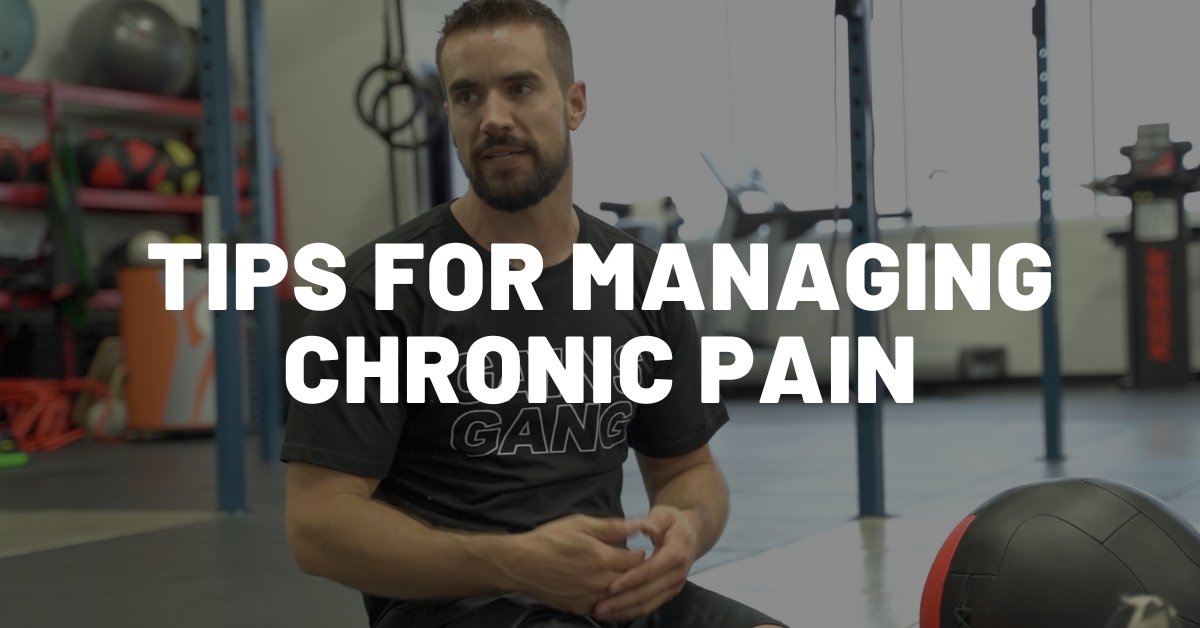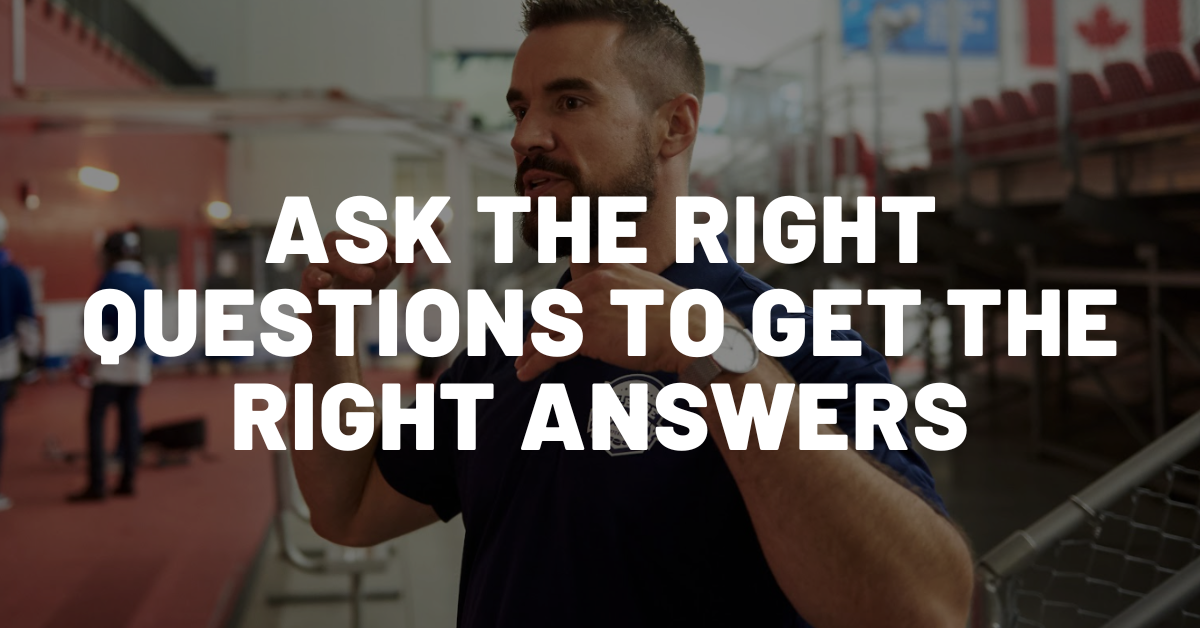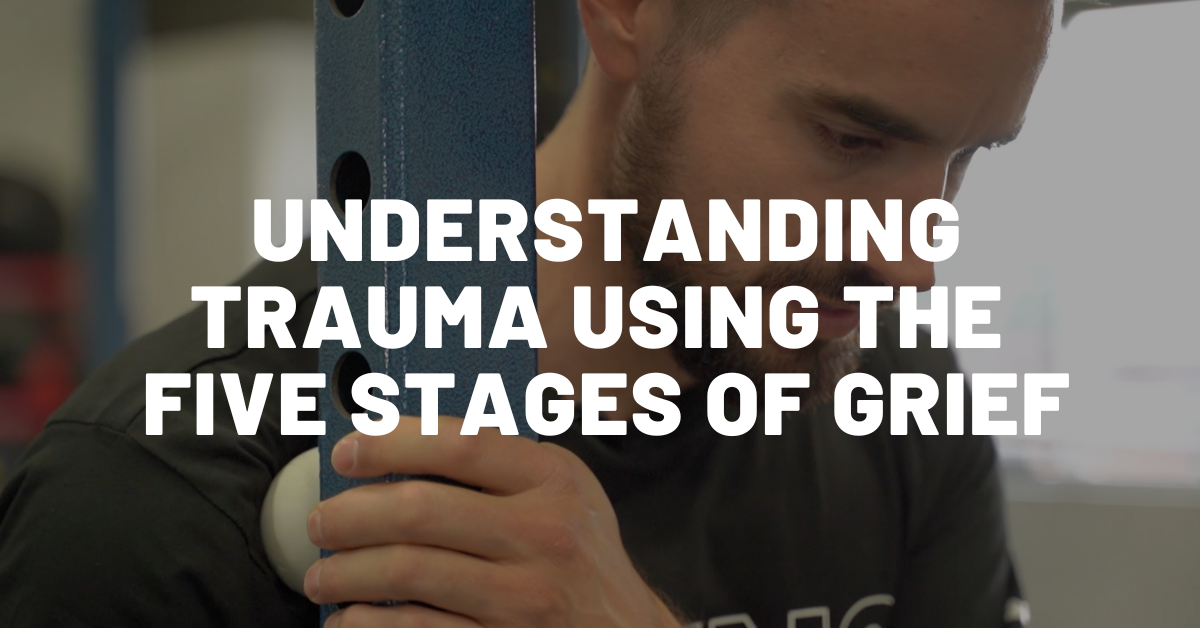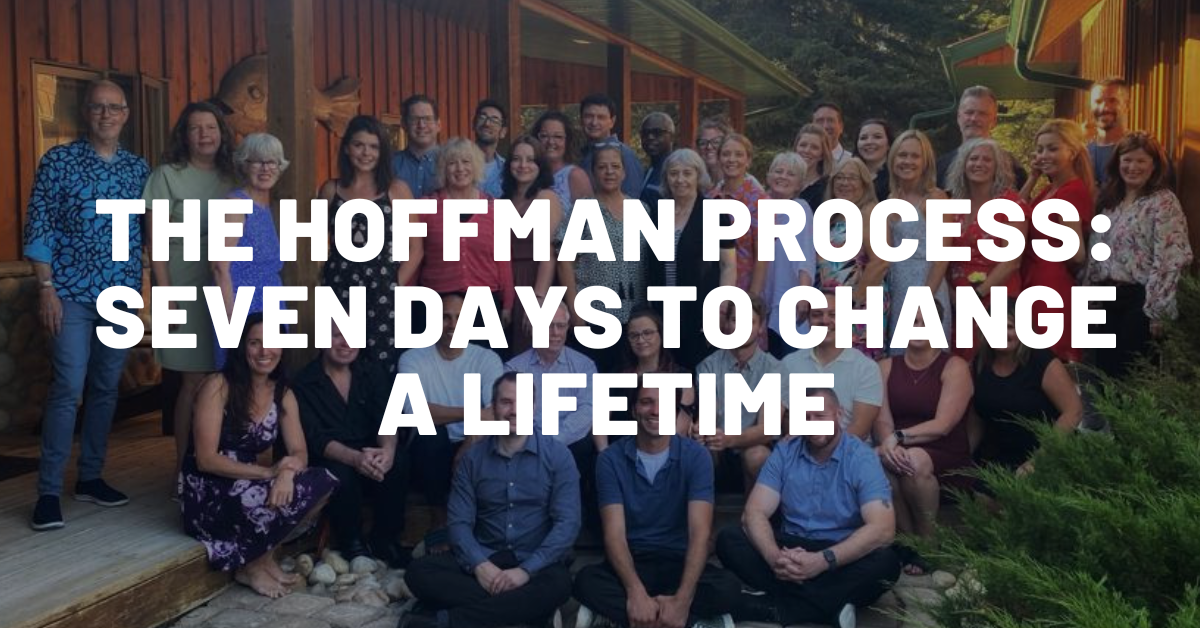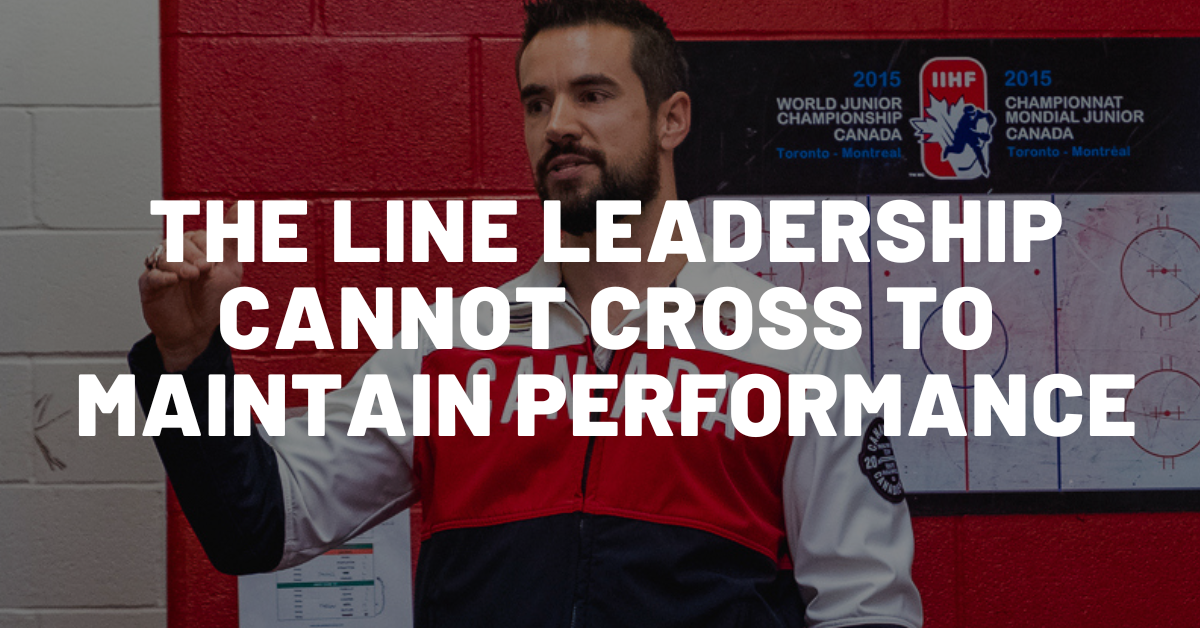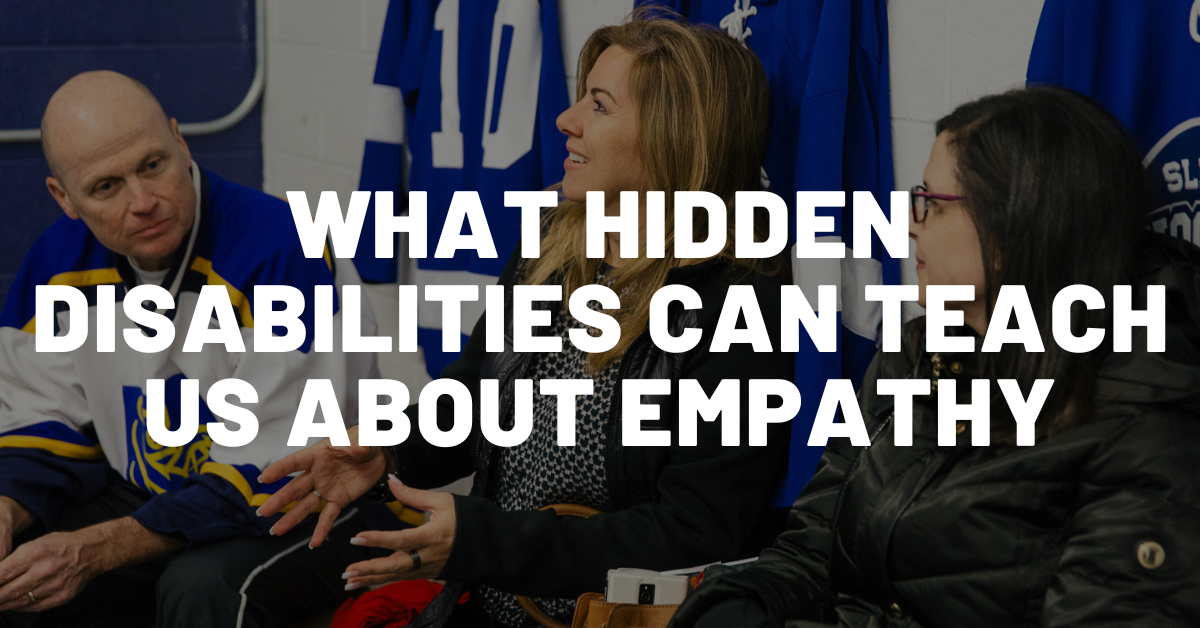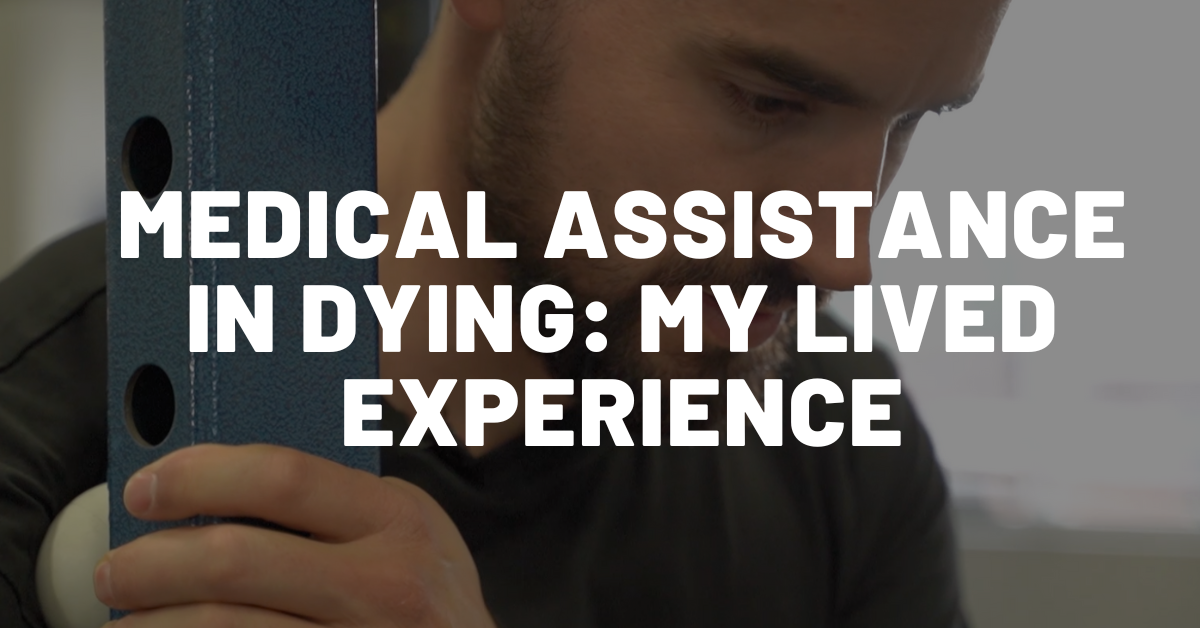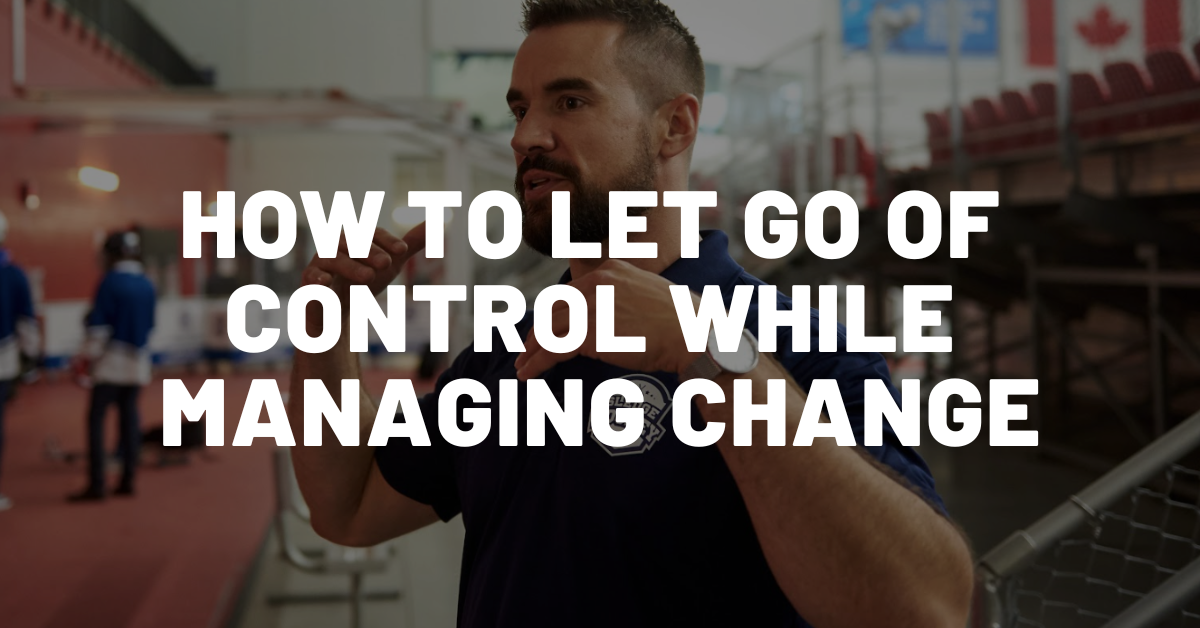Over the past couple of weeks, I have been delivering a weekly series on the World Para Ice Hockey (@paraicehockey) Instagram account titled Resilience and Resolutions with Kevin Rempel.

In week one I had on Team Canada’s Para Ice Hockey Team Captain, Tyler McGregor.
In Tyler’s interview (here), he shared valuable insight towards tips and strategies he has practiced throughout the pandemic in maintaining his mental health such as reading, journaling, getting proper sleep, and staying connected with his teammates.
Tyler talked about the fundamentals – the little things that make a big difference, just like the tools inside of The Resilience Toolbox.
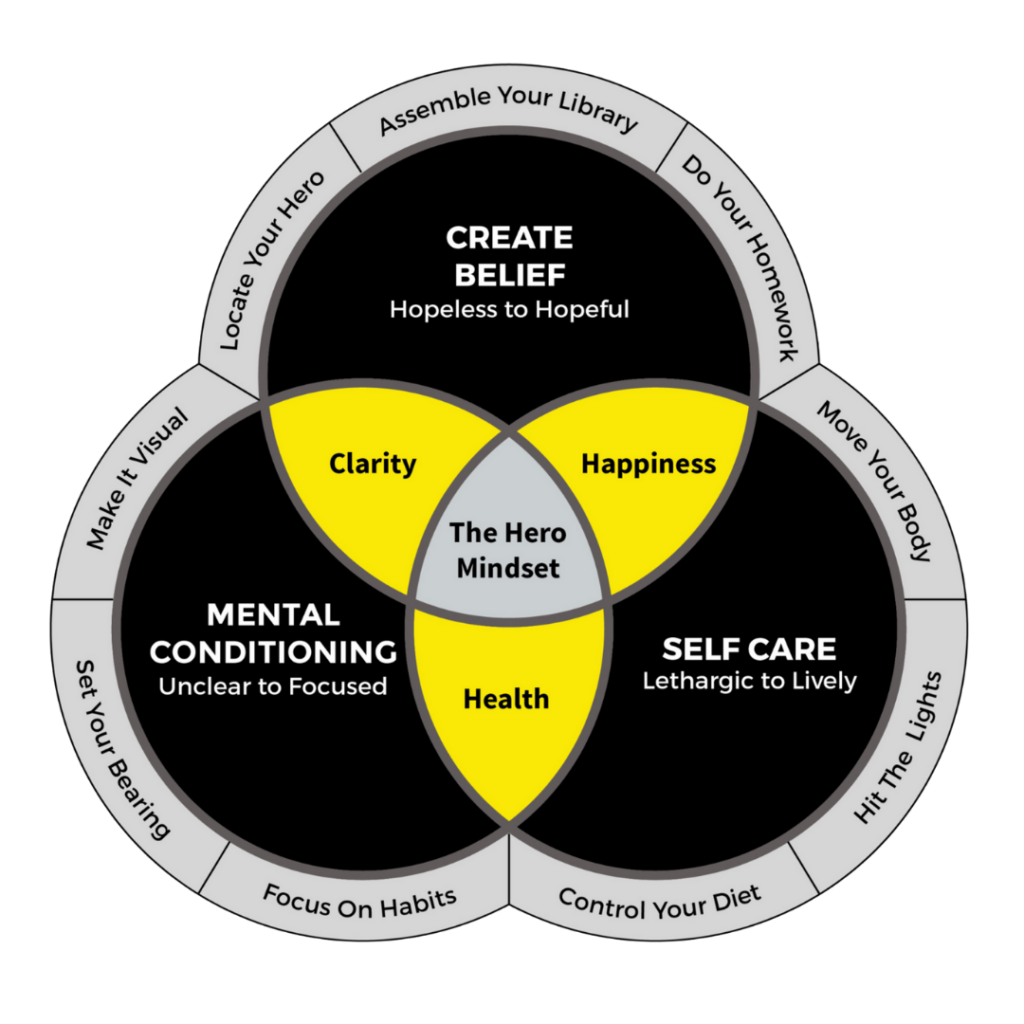
My second guest was Natascha Wesch, my former sport psychologist, who helped me train for the 2014 Sochi Paralympics in Russia where I, alongside Tyler, helped Canada earn a bronze medal in the Paralympic Games.
During my interview with Natascha (here), I asked her the question “When you reflect back on 2020, from both your perspective and of the athletes you work with, what might be one of the biggest lessons learned about resilience?”
What Natascha shared was incredibly relatable and ties in directly with The Hero Mindset to drive results and embrace change.
Natascha’s advice was to “Focus on the .1’s”.
Meaning…
If your resilience was at a 7/10 or an 8/10 pre pandemic, and it just got knocked down to a 2/10, instead of trying to get back on top and make a leap from a 2/10 to a 7/10, ask yourself the question, “What ‘.1’ can I focus on today?”.
Ask yourself, “How I you go from a ‘2’ to a ‘2.1’, and then from a ‘2.1’ to a ‘2.2’?”.
What would that look like for you?
When I reflect back on my life experience in what has helped me develop my mental resilience learning to walk again, excel in high performance sport, and overcome post Olympic depression, as I speak about in my keynotes, it was all accomplished by taking things “One toe, or one step at a time”.
I had to focus on wiggling my first toe until I was able to focus on wiggling another toe. I had to take things one small, baby step, at a time.
So, when you think about the ‘.1’, what does this mean for you?
For example:
A “.1” might mean drink 8 glasses of water.
A “.1” might mean eat three meals today.
A “.1” might mean go for a 10 minute walk in the morning.
A “.1” might mean read 10 pages of a book you love.
A “.1” might mean take a hot bath before bed this evening.
Every day, we must build the habit of focusing on what we can control. Share on XEvery day, we must build the habit of focusing on what we can control. We can focus on “.1’s” in our day to day lives to help us build our resilience.
Another strategy that I have found useful in developing your resilience is that when you find yourself down, low on energy, and not sure what to do – try retracing your steps.
I call it “Spiral up, not down”.
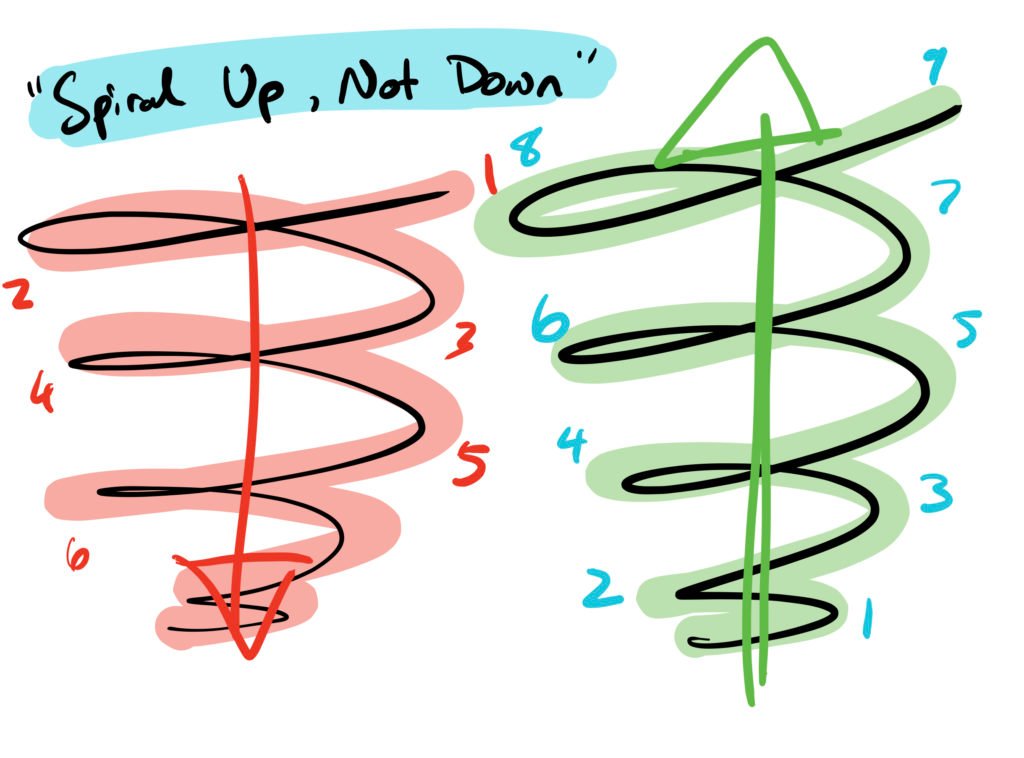
After the Olympics, I had let everything go. I stopped eating right, stopped getting the proper amount of sleep, I wasn’t training anymore.
And so, in order to reverse my depression I retraced my steps and decided to “Spiral up, not down”, and refocus on the little things, the “.1’s” that were within my control to get myself back on track.
In by autobiography, “Still Standing: When You Have Every Reason to Give Up, Keep Going”, I talk about one of the first things I did was I went out and bought apples! I knew that I had to eat 3x a day, and even if I didn’t have the energy to go workout, I could at least win the small battle of what I chose to eat.
Those apples were a “.1” for me.
So when you think about resilience, ask yourself, “What .1 can I focus on to help increase my resilience today?”.
When you think about resilience, ask yourself, “What .1 can I focus on to help increase my resilience today?”. Share on XYou don’t have to focus on taking one giant leap forward, but just ask yourself “What is the next right step?”.
What does that ‘.1’ step look like for you today?
Leave a comment below on what you will choose to focus on, and take action on that today!
You develop your resilience when you focus on ‘.1’, baby step at a time.
—
Enjoyed this article? Here are three more to help you develop a resilient mindset:
How To Get Yourself “Back On Schedule”
What To Do When Nothing Is Going Right
—
Download your FREE copy of my autobiography, Still Standing: When You Have Every Reason to Give Up, Keep Going here.

